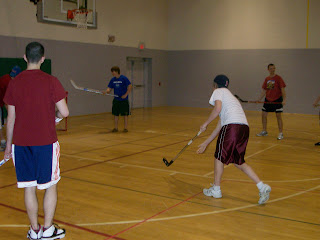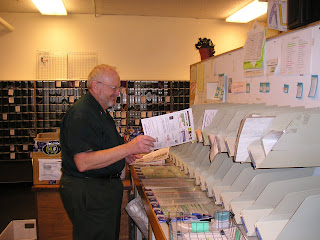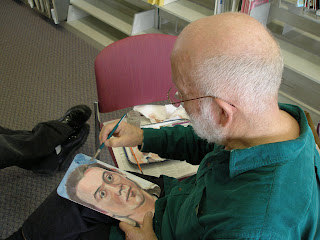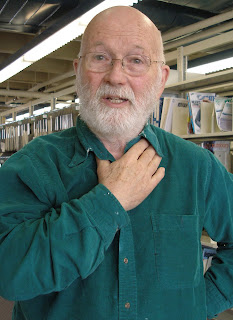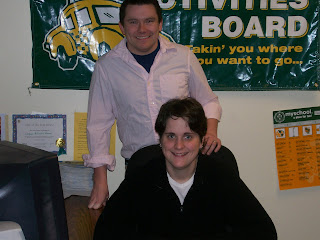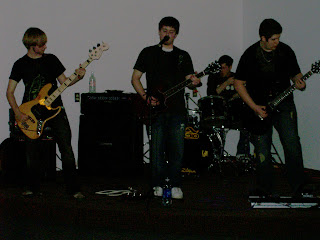 3/27/08
3/27/08By Ben Holbrook
Managing Editor
New suites will be available for students 21 and older in Rita Bole for the fall semester, which will allow upperclass students the chance to consume alcohol in their common area.
The new suites in RBC are being made available to all eligible students for the 2008 fall semester. The suite arrangements have been in the plans for a while Jonathan Davis, interim director of student life, said. RBC is the most practical choice for having the 21 and older suites since there are more regulations for students to be able to live there, Davis said.
In order to be eligible to live in RBC you must have a minimum GPA of a 2.0 and have a clean judiciary record from the previous school year.
The residential life staff and the school administration are aware that there is the potential for people to abuse the new privileges but, “we’re confident it will work out well,” Davis said. Previously, students who were 21 or older would only be allowed to drink in their rooms and any alcohol in the suite refrigerator would have to be labeled with their name. The new suite arrangements would allow students the opportunity to consume alcohol in the suite area as long as they didn’t engage in inappropriate drinking habits, Davis said.
Any inappropriate drinking includes binge drinking, and any drinking games, Davis said.
Since the 21 and older suites are a new addition to the housing plans, adjustments will be made from year to year to address any issues, Davis said.
Students who are interested in living in a suite designated for anyone 21 and older are required to fill out an application and then they will go through a group interview with their other suite members, and a group signing of the housing contract, Davis said.
Even if a suite has all students over 21 but they don’t have the approved 21 and over status, then they are able to apply for it at any point during the school year. However, students must apply for the 21 or older status in order to be considered a suite that is designated for people over 21, otherwise they wont’ be allowed to consume alcohol in the common area, Davis said.
The 21 and older status can be revoked at anytime due to students abusing the policy or in a worst-case scenario, a younger student is put into the suite because there isn’t room for the person anywhere else on campus, Davis said. “We’ll do our best to not allow a person under 21 in a 21 or older suite,” Davis said.
The hopes for the new housing are that it will teach people how to drink responsibly because, “we know across the campus that we could never say no to alcohol,” Davis said.
The 21 or older suites will most likely not be formed until the school year begins again in the fall but the number of students who are 21 or older is known so the appropriate number of spaces can be made available. RBC has 132 spaces available among 23 suites.
